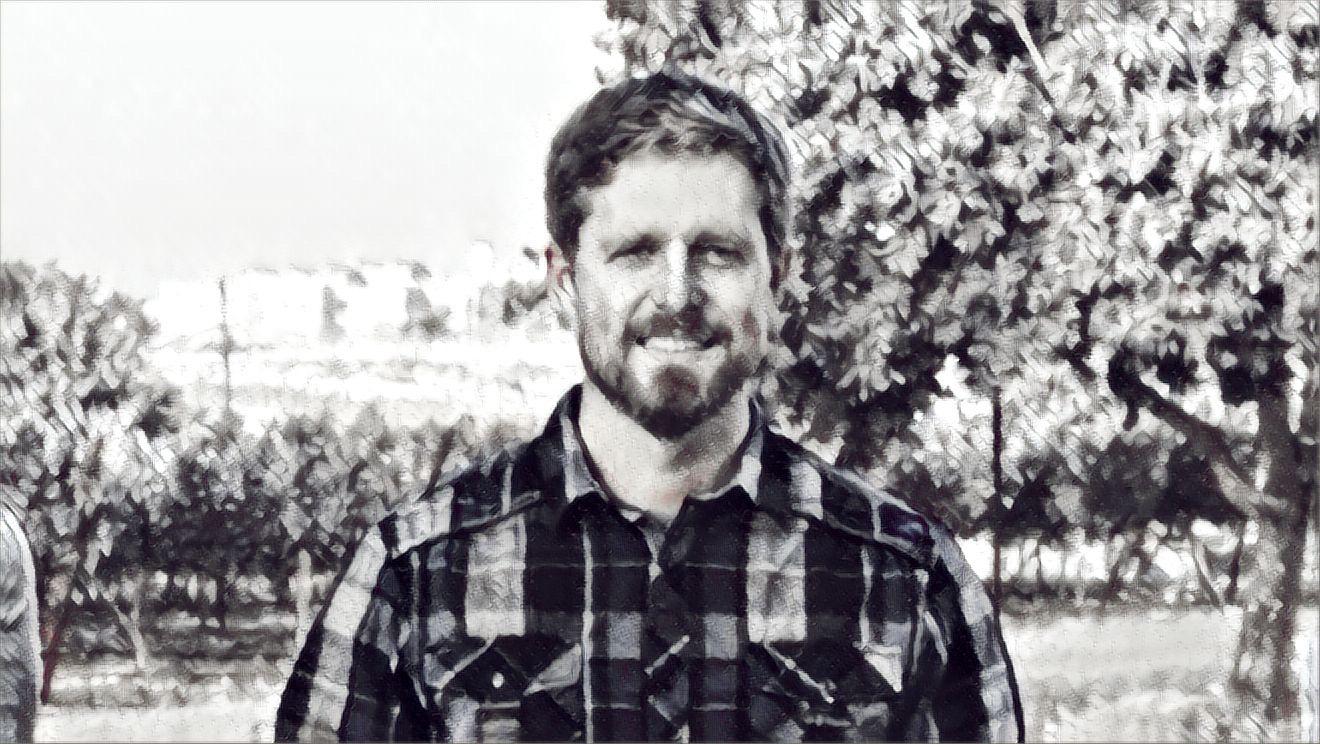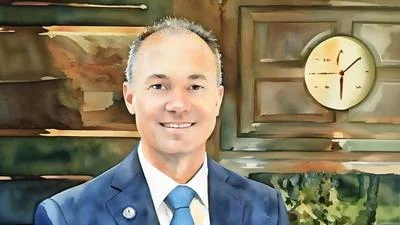Joshua Waller is the Operations Director at HaYovel. He also co-hosts The Israel Guys show.
Federal Newswire: How did your organization come about?
Waller: It's called HaYovel. I had a few buddies at Radisson as the war broke out. We'd known each other for a long time. Right after the war broke out, I called them. I said, “Guys, there's so many farmers that have just been called up for reserve duty. Their farms are in really bad shape. We've got to help. Would you guys come?” Of course, these are all our guys. They said, “absolutely.” I mean, some of the guys even had bales of hay still out that they hadn't picked up. In the middle of everything they dropped it all. Amazing guys. They dropped everything and came to Israel and they were here for four months. It wasn't like a short little thing. But then somebody took a picture of them as they were coming to the airport. Of course, they were quite obvious to people. It was ridiculous. It was hard to get to work because we did 65 interviews on international news networks within the first three weeks of their being here. What was really amazing about it though is yes we're able to bless the farmers, but it was able to be much more than that. We were able to strengthen Israel at a time when they thought they were absolutely alone. We were able to bring courage and strength to them. We told them, “listen, we made a promise to you, the Jewish people, we made a promise to you. We said, never again after the Holocaust and we failed you on that.” Look at October 7th, that's where we're commemorating today, and all the losses that we had. We said never again and look at us. Then we said, “we won't be silent, you're not alone.” We want to make those promises. Right. When Israel's having a hardship, we want to be here with you. These cowboys made that very clear.
Federal Newswire: How do you describe links between America and Israel?
Waller: The only thing I can think of is Bible based. We have Judeo-Christian cultures. I think that’s something that connects you honestly. I'm 33, I've been here since I was 14. I honestly connect to the pioneers. Everybody hates the word settler and all this stuff. I love the word settler. People around me, cowboys, farmers, they love that word. I know it's politically incorrect and all this stuff and whatever. But I think there's also a bit of a pioneering spirit that connects us, which is more from my background. That's what's connecting me to pioneering a new front. It's independent and they're going in there reclaiming ancient grounds, but it's something exhilarating, exciting, and pioneering. But it's not the Arab wars that are so full of evil and tragedy in a war. It's Jewish life and it's bringing life and it's bringing godliness and it's spreading the right. I think there's a deep connection there. I think it's probably majority dude Judeo-Christian values that unite us a lot but also this pioneer front of Israel coming back to the homeland that is really significant.
Federal Newswire: How does agriculture in Israel compare to agriculture in America?
Waller: So, we did some soil samples the other day. Typically, it's around an eight mark on what the soil could produce. In America, if you take a small sample, it's going to be as far as what that soil can produce in America. On our farm, we had about an eight, level eight on that. We did the same thing here in Israel and it was a 24 plant. The soil here, once it's balanced, has enormous capabilities. If you get the soil balanced here in the land of Israel, in the mountains of Samaria, specifically what we just did, the soil type is off the charts for what it can produce. This is the marker of what this soil is capable of producing. The soil is a powerhouse. It's what's in that soil that's just ready to burst forth with the best of the best. You're seeing who's winning the global wine awards all over the place and now Israel right from these very mountains is what we're talking about. We're going to see more as the land is restored. Our projects are planting trees. We've got about 18,000 trees out there now that we're continuing to plant and restore the land. Once this gets to like a little further down the road, we're going to see some really amazing things.
Federal Newswire: How have these lands changed since ancient times?
Waller: It was a different landscape, it's documented. We have people from the second Temple period saying, “well, hey, the lazy man's even compelled to farm this stuff.” The land is so lush that the lazy man [could farm it]. He would describe it that way. The Judea and Samaria region was the breadbasket. That's what this historically was. It was completely destroyed by the Romans. Then nation after nation tried to conquer Israel, it just destroyed homes. That's going to happen right now as Jewish people are coming back for the first time in 2000 years. It's going to be back to what it was 2000 years ago before the absolute destruction.
Federal Newswire: What is the occupied East bank?
Waller: Well, biblically, if you're just a Bible believer and you read the Bible, the lands of Jordan were actually where the tribes of Israel rested. So if you want to get a biblical view of what's actually going on or the biblical promised land for Israel, it's actually much broader than what it is. The map includes all of these areas, including Jordan in those areas. So if anybody wants to use occupied in your Bible belief, then you could just as well actually more correctly say that the occupied east bank of the Jordan River is what's actually occupied, not the West Bank. There's no occupation in the West Bank. The Jewish people are the indigenous inheritors of that land.
Federal Newswire: Why are issues around the lands of Judea and Samaria so contentious?
Waller: I believe it's a very special thing that people are getting stuck on. 85% of the Bible happens right there in Judea and Samaria. To rename it is the biggest con job in world history when the Arabs renamed Judea and Samaria, the West Bank. So many people say West Bank nowadays. That's brand new. They just created that in 64. That was never called the West Bank before. Historically, there's no writings of the West Bank whatsoever. So they were able to rename the area and pull a wool over the entire world to say it's the West Bank, just this little insignificant piece of land. What is everybody making such a big deal about? Well, of course it's a big deal. 85% of the Bible that billions of people around the world respect and honor happened right there in that area. So they're able to go making it insignificant when it's the most significant. I mean, we're talking about Jerusalem right in the middle of that, the epicenter of that whole area of Jerusalem, Judea and Samaria. When people talk about Judea, it's actually including that area including East Jerusalem, which was Jerusalem of the Bible days. Politically, it's a loaded, loaded area.
Federal Newswire: What are the challenges of a ‘two state solution’?
Waller: We have 22 Arab states. We have 50 something majority Muslim states. There's one Jewish state. Does it make sense to you that we should divide the one and only Jewish state in half to make another 23rd Arab state? No. Does that make sense? There's one Jewish state. Let's keep it that way and let it even grow and expand.
Federal Newswire: Would Arab countries agree with your statement?
Waller: Actually, a lot of the local Arabs would actually agree with my statements. They would be much happier under a civil free Israel than they would be under Hamas. Look at Gaza for instance. There's a lot of people that are pretty fed up in Gaza about their situation. This just proves it. Terror organizations run the Middle East. It's horrible. Israel's a light shining in this dark region. A lot of people want it. By the way, that's the reason why all these Arabs came flooding in from all these Arab countries that ended up in Israel to start with. Because the Jewish people started to come back. We know that historically that's how they all end up here anyway. They were looking for prosperity and success, and they came when this place was empty. You can't find an Arab around here for more than three generations or whatever. I'm saying they came to find success and now they're fighting against it. That's historic.
Federal Newswire: What's your website?
Waller: ServeIsrael.com








